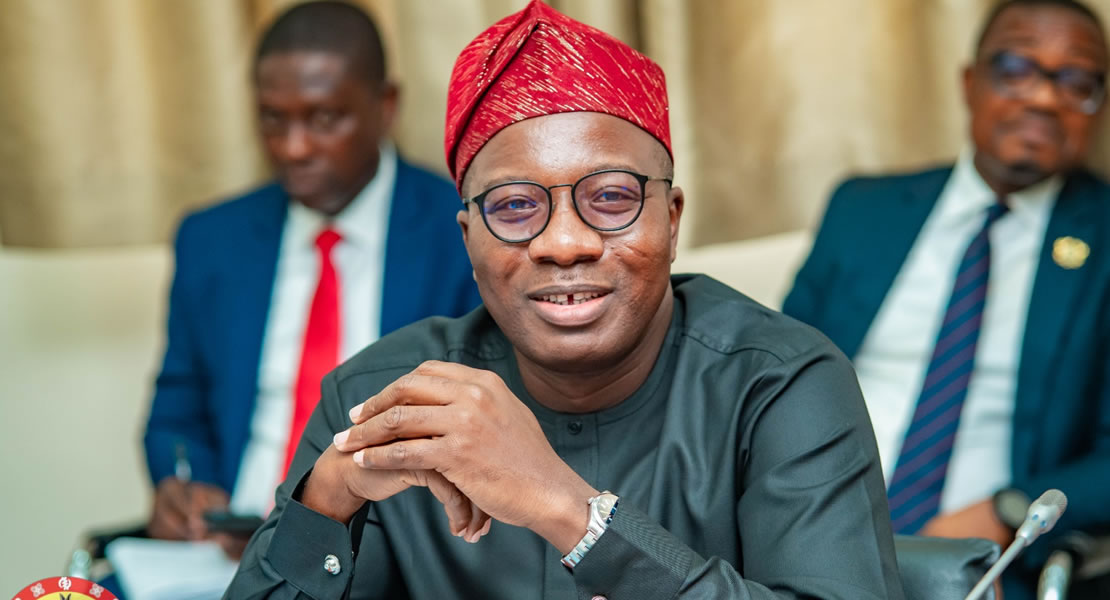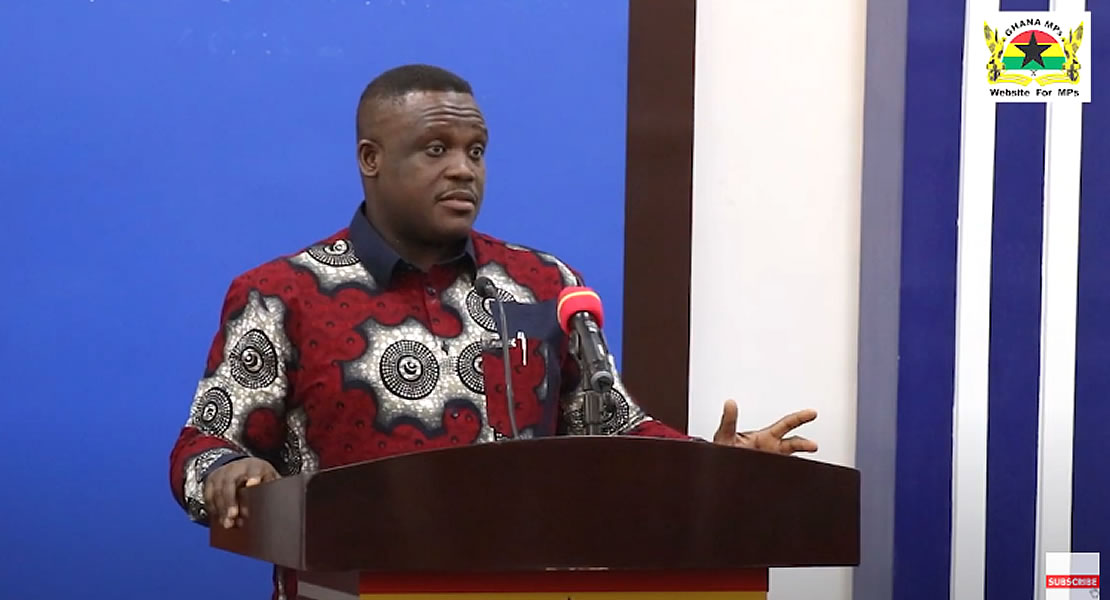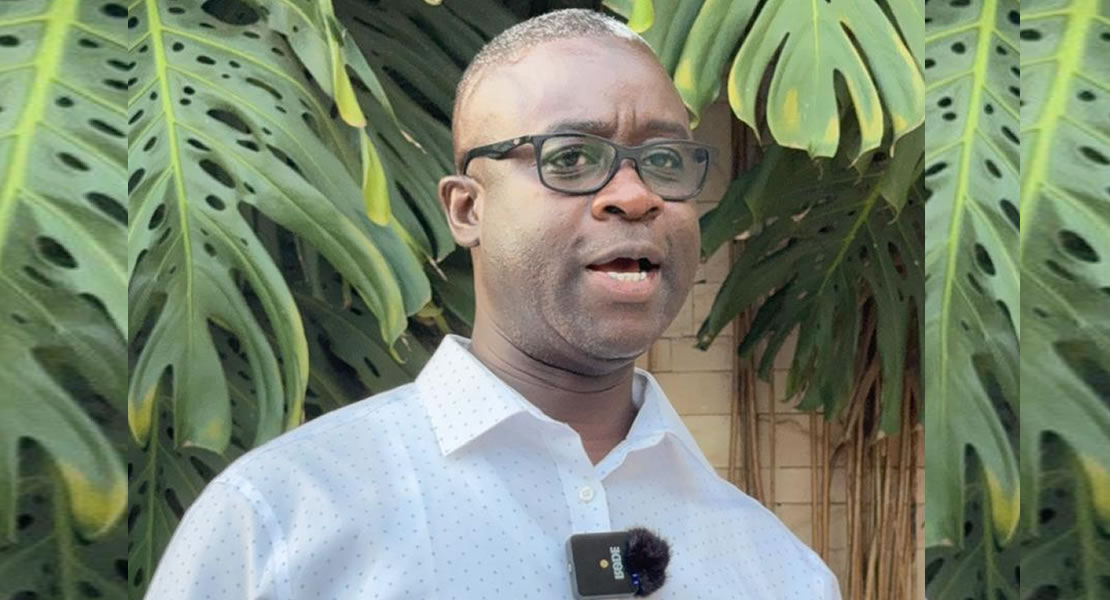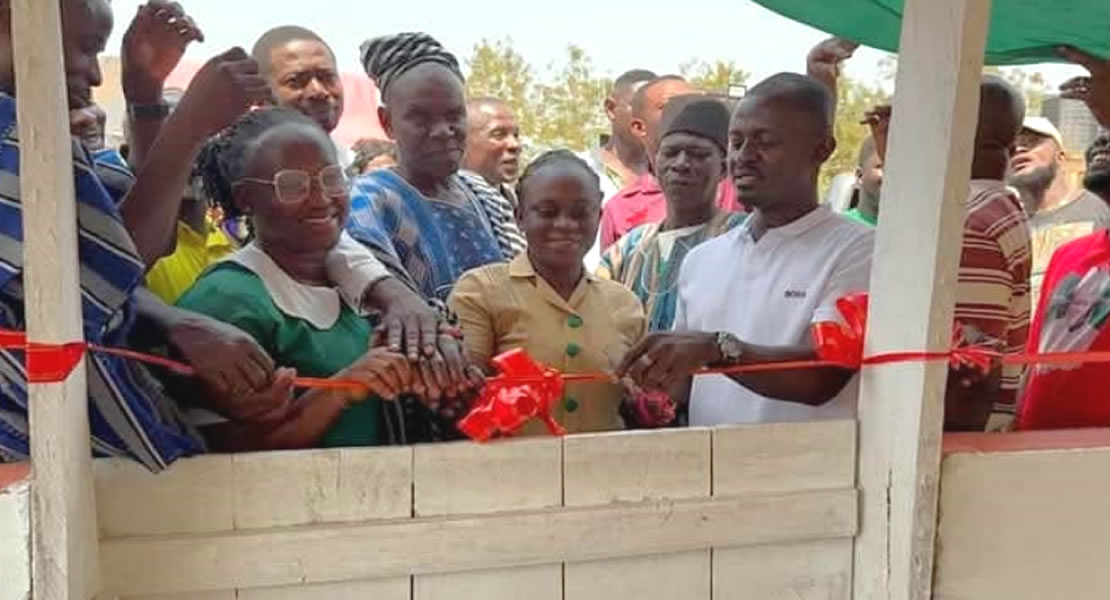I would clean up the Ministry and its Agencies; that’s the pledge the Minister for Communication, Digital Technology and Innovations, Samuel Nartey George made to the President and the people of Ghana when he briefed the media on his first quarter performance at the Ministry.
The Minister’s pledge, he stated follows review of the Ministry’s financial position that unearthed several irregularities, thus prompting a detailed investigation into the contracts entered into through the Ministry and its agencies.
This, he said is in line with the government’s pledge to fight corruption and graft head-on.
“The Ministry is following up with the relevant parties to establish the facts and take corrective action where necessary. We are deeply concerned about the disregard for public interest reflected by the unfavorable terms in some agreements and the resistance encountered in accessing key information from certain service providers. Against this backdrop, I have referred some contracts and agreements to the Attorney-General for his study and advice”, the Minister stated.
The Minister also announced that he would not be extending the Common Monitoring Platform contract, popularly called KelniGVG, beyond its current terminal date; adding that the contract is in two parts – one paid for by the Ministry through the NCA and another component paid for by the Ministry of Finance through the GRA.
“I have instructed the NCA to begin to hold itself in preparedness to carry out the revenue assurance platform on its own. This position is backed by the fact that at the commencement of the contract in 2018, the monthly fee paid represented 28% of the revenue accruing to the State from international inbound traffic. By the end of the first 5-year term of the contract, however, the monthly fee represented about 50% of the revenue accruing to the State. As of October 2024, the fees paid to KelniGVG represent 84% of the revenue accruing to the State. This means the State is paying far more to monitor the revenue than it retains”.
Sam George also disclosed that he inherited some agreements under the National Information Technology (NITA) that he has deep concern about; and he has begun steps to either extricate the government from unreasonable ness or achieve a more favourable arrangement that is in the best interest of Ghanaians.
He said the Ministry also observed some irregularities with regards to operationalising the Digital Services and Payment Platform (DSPP) Call Centre, managed under a contract between NITA and DigitalGOV Limited, involving two companies, Sawtel Ltd and Dataceum Ltd. These irregularities include;
1. NITA is making monthly payments to the two firms despite the firms not being directly contracted by NITA. Instead, they signed contracts with DigitalGOV Limited on March 1st, 2020, for an initial four-year term ending February 29th, 2024. Despite this, NITA has made monthly payments directly to the two firms as service providers throughout the contract period, creating a misalignment in accountability and oversight.
2. Both Sawtel and Dataceum appear to deliver nearly identical project management functions for the DSPP Call Centre, with no clear delineation of roles, responsibilities, or reporting lines.
3. The contracts with both firms expired on February 29th, 2024. No formal renewals or new engagement frameworks are in place, raising questions about continued service provision and NITA’s legal or financial obligations.
The Ministry, he said, is thus in the process of assessing the necessity of continuing with either or both Sawtel and Dataceum in a bid to eliminate duplication and ensure cost-efficiency in future project management support for DSPP and to incorporate project management under the broader DSPP Governance Framework, as recommended in the DigitalGOV contract review, with clear reporting to NITA.
Ghanamps.com
 Speaking to some heads of the schools during the tour, the chairman of the Education Committee and MP for Akatsi North, Hon. Nortsu- Kortoe opined that, the Committee is not here to witch-hunt anyone but fact find, advice and take suggestions, make recommendations on the challenges faced to Government for them to be addressed accordingly.
Speaking to some heads of the schools during the tour, the chairman of the Education Committee and MP for Akatsi North, Hon. Nortsu- Kortoe opined that, the Committee is not here to witch-hunt anyone but fact find, advice and take suggestions, make recommendations on the challenges faced to Government for them to be addressed accordingly.





 “This initiative aims to bridge the gap between research and policy in agriculture and food systems, promoting evidence-informed decision-making,” he told the GNA. At the Science Week, the MP will engage with policy practitioners from over 26 countries to identify national policy research needs and enhance collaboration between science and policy.
“This initiative aims to bridge the gap between research and policy in agriculture and food systems, promoting evidence-informed decision-making,” he told the GNA. At the Science Week, the MP will engage with policy practitioners from over 26 countries to identify national policy research needs and enhance collaboration between science and policy. Some key topics to be discussed during the CGIAR Science Week will include Climate Action; strategies for mitigating climate change impacts on agriculture; Sustainable Farming; launch of the Sustainable Farming Science Program; Capacity Sharing; enhancing capacity development for agricultural research and innovation and Genebanks Accelerator Strategy; accelerating the development and deployment of improved crop varieties.
Some key topics to be discussed during the CGIAR Science Week will include Climate Action; strategies for mitigating climate change impacts on agriculture; Sustainable Farming; launch of the Sustainable Farming Science Program; Capacity Sharing; enhancing capacity development for agricultural research and innovation and Genebanks Accelerator Strategy; accelerating the development and deployment of improved crop varieties.


